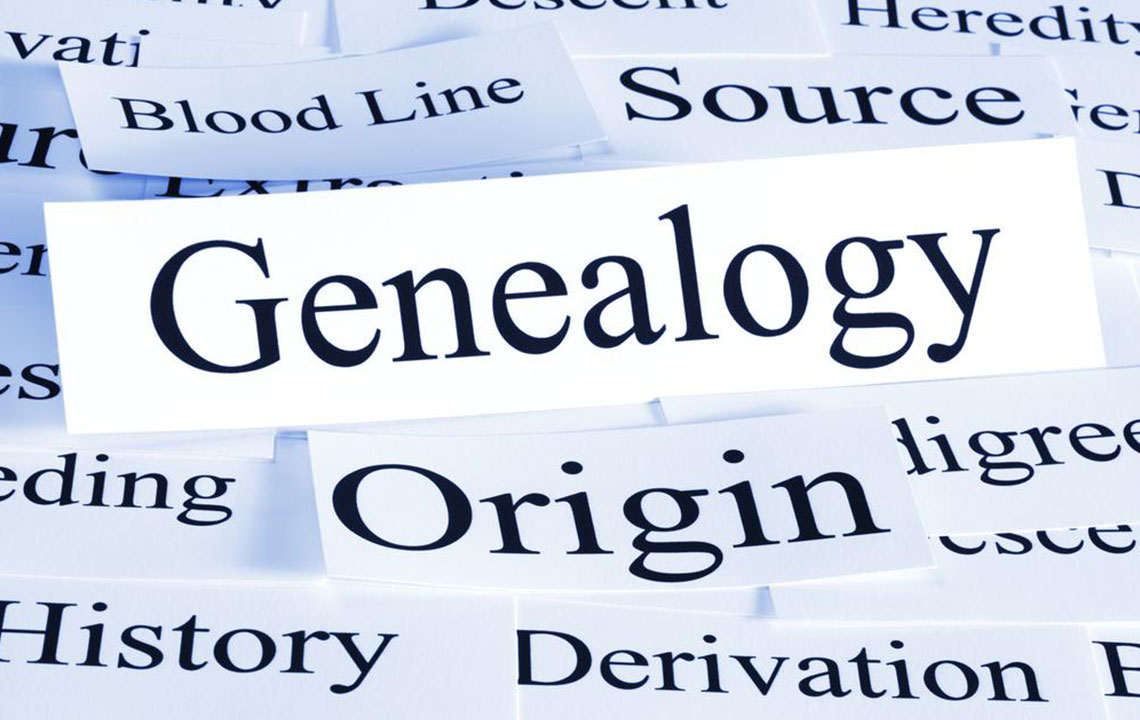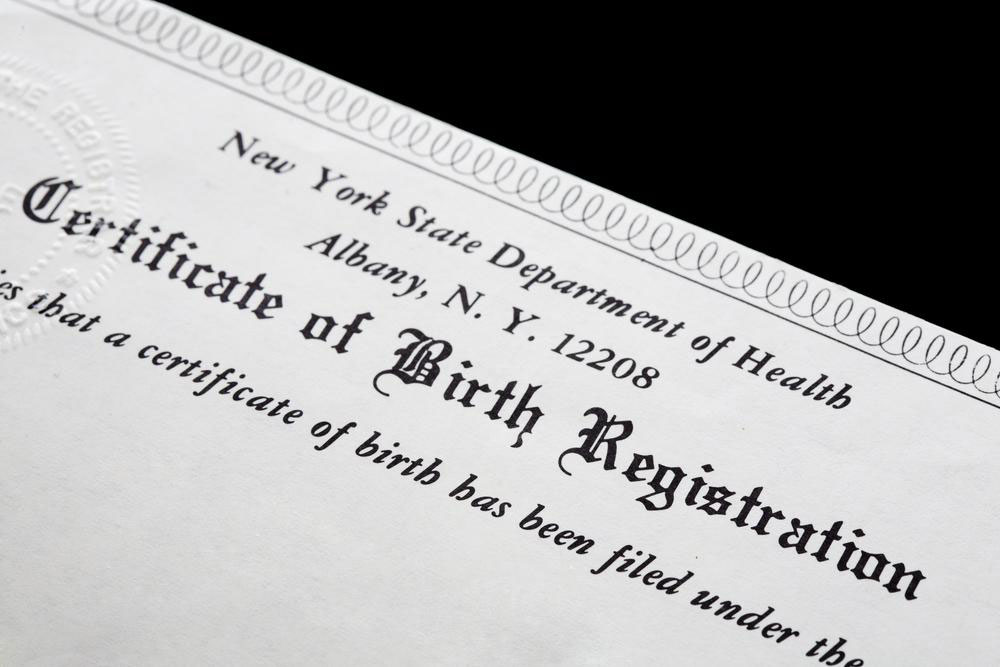A Guide to Using Court Records for Genealogical Research
Uncovering ancestral histories is easier with court records, which provide detailed legal documents like adoption, divorce, and naturalization papers. Accessible through courthouses or online, these records are essential for building an accurate genealogical timeline. This guide highlights how to find and use court documents to deepen family history research, offering insights into ancestors' legal and personal histories. Whether you're tracing naturalization, probate, or legal disputes, understanding court records can significantly enhance your genealogy quest.

Guide to Court Documents for Tracing Your Family Tree
Family history research often involves uncovering vital details such as residence history, occupational background, citizenship status, and kinship ties. While oral histories can provide clues, they may lack accuracy. For dependable information, accessing court records proves invaluable. These records are often obtainable at courthouses or via online portals, sometimes requiring a fee. They can reveal details about adoption, divorce, naturalization, and probate, which are crucial for building an authentic genealogical timeline. Legal case files, dockets, court minutes, and orders enhance your understanding of ancestors’ lives and legal histories.
Adoption Records
These documents contain critical information about adopted individuals, including original names and biological and foster parents. Access typically requires a court order, and often, only the adoptee can request these records. Due to their sensitive nature, genealogical research alone may not qualify to open them.
Divorce Records
Divorce files provide details like spouses’ names, birthdates, birthplaces, children’s information, marriage date and location, and reasons for separation. To obtain copies, submit a formal request to the relevant county courthouse, specifying your relationship and the case details.
Naturalization Records
These include citizenship applications, petitions, and certificates issued by the INS or local courts. To access them, request from the INS or write to the local court and submit Form G-641. Early naturalization records may only be available at the courthouse where naturalization took place, especially if they are not archived by the INS.
Probate Records
Offering insight into a person’s estate and final wishes, probate records include wills, assets, and heirs. These documents are essential for establishing familial relationships and understanding asset distribution after death.
If ancestors were involved in legal proceedings, you might also explore:
Case Files
Accessed through case numbers or docket entries, these files contain testimonies, evidence, depositions, and correspondence.
Dockets
They list scheduled hearings, case parties, case numbers, and document titles, organized chronologically by case type.
Minutes
Recorded by court clerks, these logs detail court proceedings during hearings and are especially helpful when docket information is unavailable.
Orders
Documented judgments and case outlines, often including naturalizations, guardianships, or property transfers, stored in local courthouses.
Start your genealogical search at local courts. For federal or state law cases, contact the appropriate courts covering your ancestors’ jurisdictions. In some cases, visiting court clerks in person or writing for records is necessary, especially for sensitive or out-of-area cases.
Note:
Our blog offers valuable insights and research-backed information across various topics. Please treat the content as informational rather than definitive. The team cannot guarantee the accuracy of external data or cover every genealogical resource or legal process. Some applicable schemes or court procedures may not be listed here.










